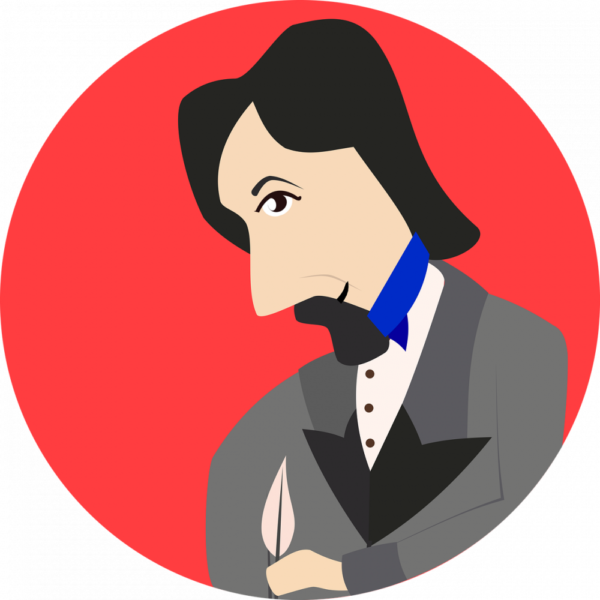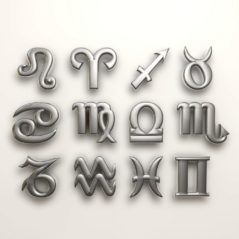Homers Iliad: The Epic Tale of Love, War, and Fate

Introduction:
Welcome to the enchanting world of “Homer’s Iliad,” an age-old epic that has captured the imaginations of readers for centuries. This timeless masterpiece tells the story of the Trojan War, a conflict that embroiled gods and mortals alike, and serves as a testament to the power of human emotion and the consequences of pride and hubris. In this article, we will delve into the depth and grandeur of the Iliad, providing valuable insights for those intrigued by its allure.
I. Understanding the Iliad: What You Need to Know

– The Iliad, composed by the legendary poet Homer, is considered one of the foundational works of Western literature. Believed to have been written in the 8th century BCE, it stands as an epic poem that delves into the heroic deeds, clashes, and fates of the Trojan War’s key protagonists.
– At its core, the Iliad revolves around the wrath of Achilles, the greatest Greek warrior, and his conflict with the Trojan prince Hector. Their clash becomes a symbol of mortal pride and divine intervention, showcasing the complexities of war and its impact on human lives.
– The divine presence in the Iliad is pervasive, with gods and goddesses actively interfering in the lives of mortals. Their motivations and alliances often mirror the actions and desires of the human characters, blurring the line between divine and mortal realms.
– Themes of honor, duty, love, and fate permeate the Iliad, raising profound questions about the human condition and the fragility and resilience of individuals caught in the ravages of war.
– The Iliad’s language is captivating, with rhythmic hexameter verses that captivate the reader and transport them to the ancient world. Its vivid descriptions of battles, emotional turmoil, and larger-than-life heroes make it an epic that resonates across time.
II. A Historical Journey through the Evolution of the Iliad
– The Iliad’s origins lie in the rich oral tradition of Ancient Greece, where bards would recite narratives of heroic deeds to captivated audiences. These performances often served as a means of entertainment, education, and cultural preservation.
– Over time, the oral tradition of the Iliad evolved, with various bards adding their own embellishments and interpretations to the poem. This constant reshaping led to different versions of the epic, reflecting the fluidity of storytelling and the dynamic nature of oral transmission.
– In the 6th century BCE, the advent of writing brought about a monumental shift in the preservation and dissemination of the Iliad. It allowed for a standardized text, offering a more fixed version of the epic and ensuring greater accuracy in its transmission through the ages.
– Throughout history, the Iliad has faced moments of rediscovery, where its prominence and cultural significance were reignited. Notably, the Renaissance period witnessed a resurgence of interest in ancient Greek literature, leading to new translations and scholarly discussions on the Iliad’s themes and relevance.
– Today, the Iliad continues to be a source of inspiration for artists, writers, and filmmakers, with adaptations and reinterpretations breathing fresh life into its age-old tale. The enduring allure of this epic lies in its ability to transcend time, captivating and resonating with each new generation of readers.
Conclusion:
“Homer’s Iliad” stands as a testament to the enduring power of storytelling and its ability to capture the essence of human experience. This grand epic remains a timeless masterpiece, offering profound insights into the human psyche and the devastating consequences of war. Its intricately woven narrative, larger-than-life characters, and exploration of universal themes make it an essential read for both art enthusiasts and collectors alike. As you delve into the world of the Iliad, prepare to be transported to an ancient realm where gods and mortals collide, and the fate of nations hangs in the balance.











